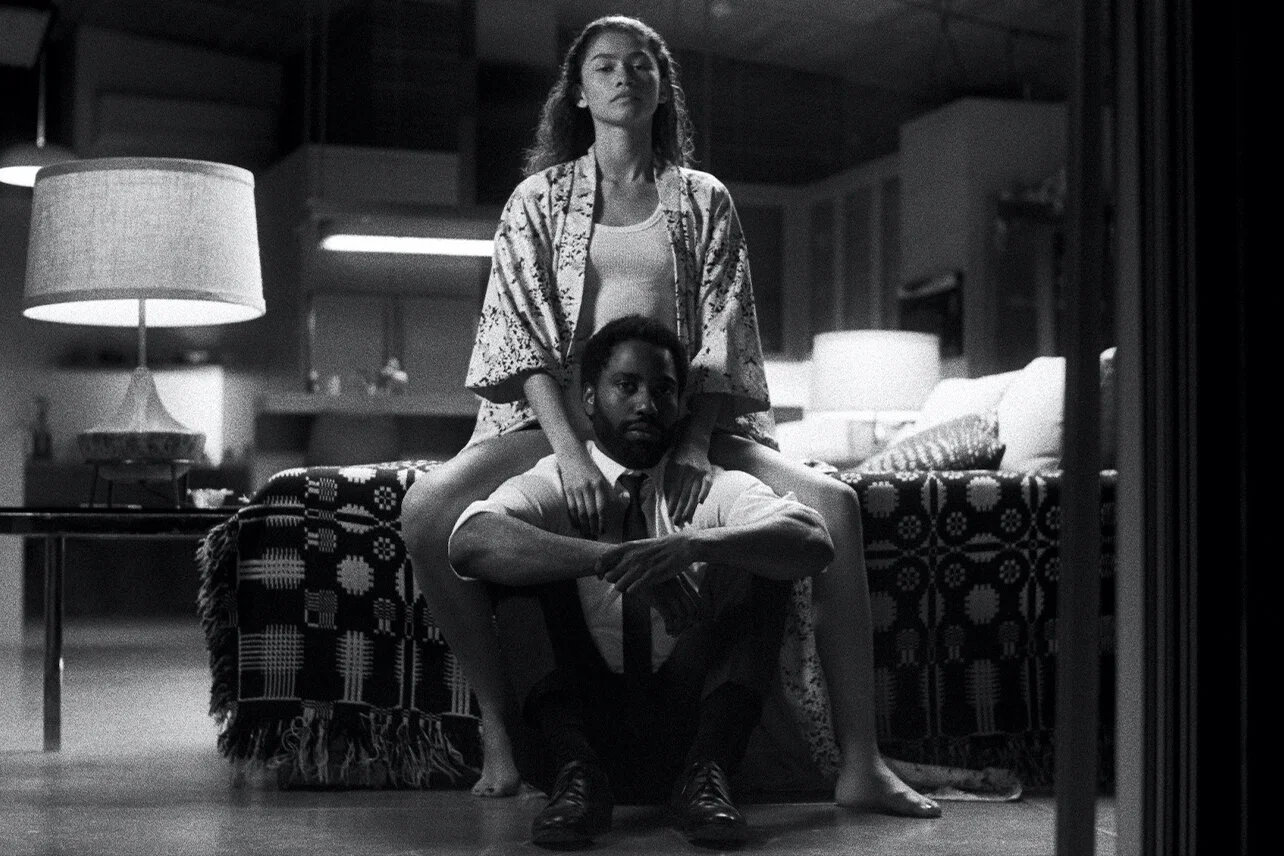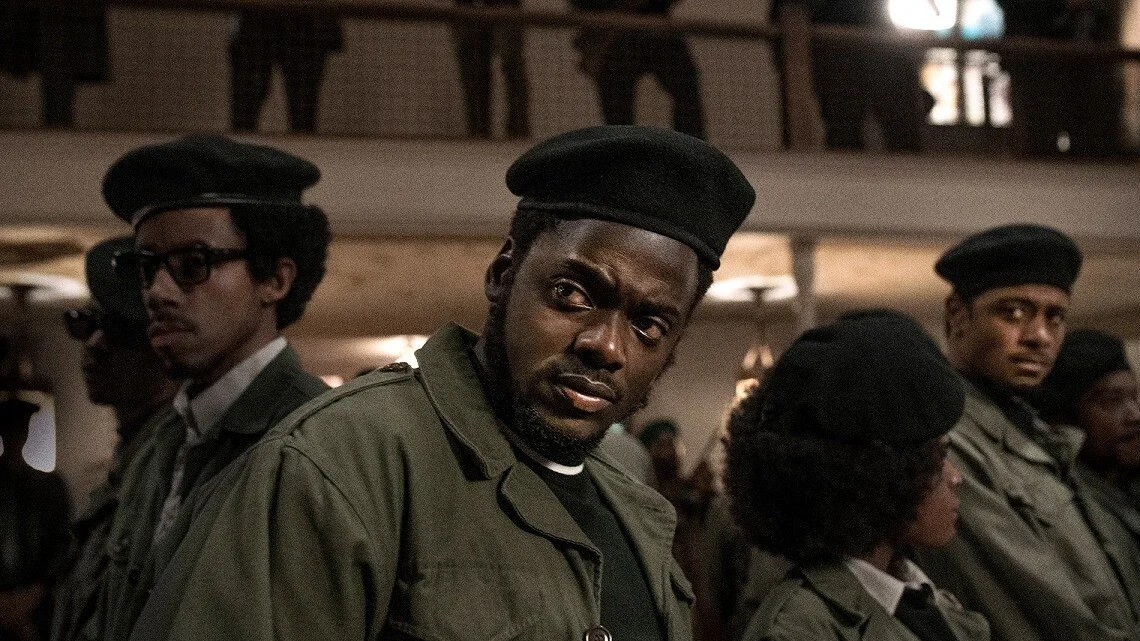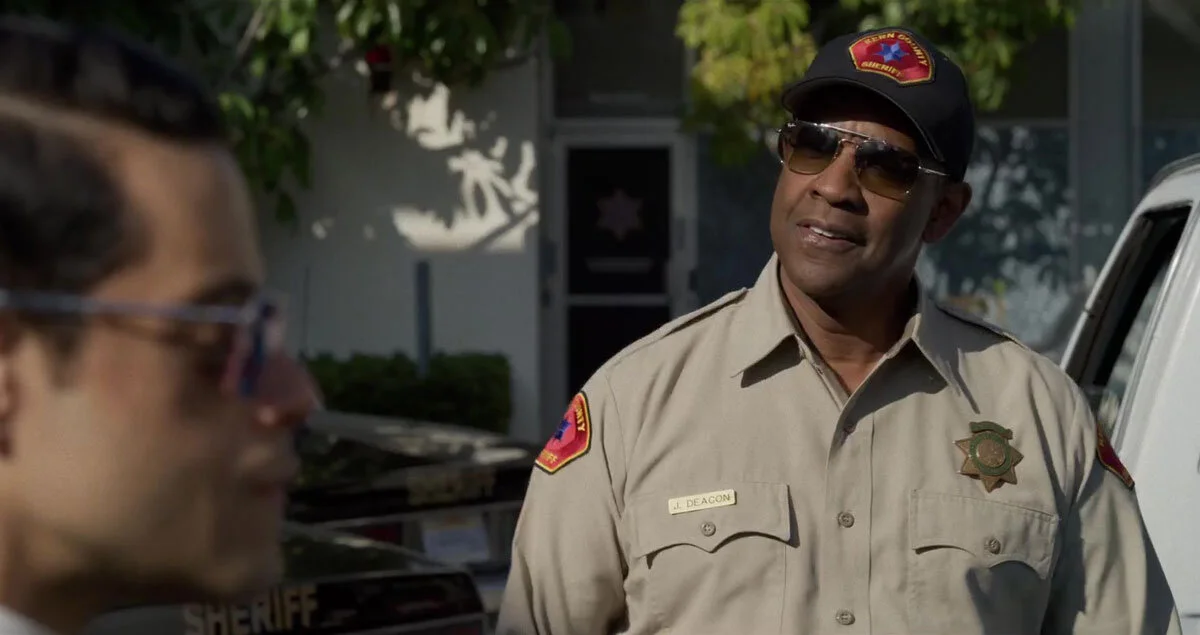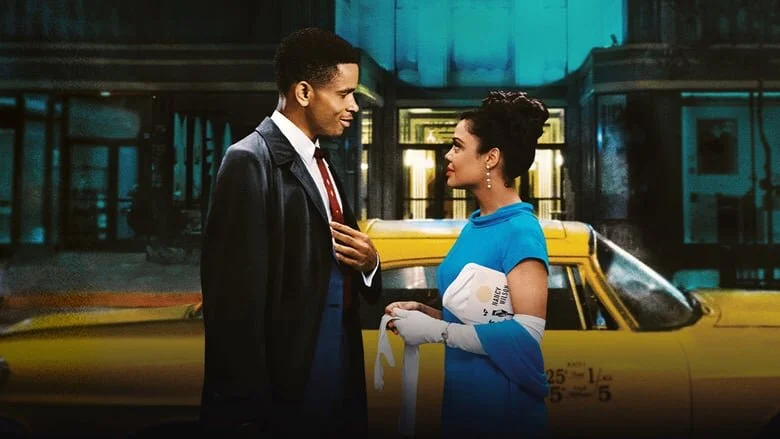Judas and the Black Messiah Is What It Is
Your support is paramount to our plans to scale our efforts, which include a new children’s book series, three new novels, more life giving merch, and providing free therapy for those in crisis. We can’t do that without your support. Our newest book, I’m NOT Okay, Thanks for Asking is available here. We have tons of merch for purchase here. If those don’t float your boat, please consider making a contribution here. Thank you.

Retrieved from: https://www.nashvillescene.com/arts-culture/film/article/21145945/judas-and-the-black-messiah-featuring-a-magnetic-daniel-kaluuya-feels-like-two-movies-at-once
A lot of things keep me awake at night when my mind is determined to be up. Perhaps the most enthralling and frustrating anxiety laced stupors spring when I begin to think about changing contemporary American history. Sometimes it’s upsetting, other times it makes me angry. The superheroes rarely win. The villains seem to prosper. What kind of world might we live in had Jack Kennedy defined the 1960’s in the way that Ronald Regan dreadfully defines the 1980’s? Wouldn’t it be captivating and inspiring to see the kind of activists Selena and Tupac would be today? How much further along would America be had the State not murdered Fred Hampton? It’s unfair. All we can do is wonder.
In the end, that’s what I left with after taking in Judas and the Black Messiah. A sense of unfairness. A rash of anger. A stroke of indecency. Less trust in governmental systems that have failed oppressed people since their inception. Yet this one leaves you with a gaping hole, because it’s not just that the subject was oppressed, but that multiple governmental agencies colluded to assassinate him. All over some free breakfast and truth-seeking.
Think about the intentionality it takes for multiple inept and/or careless governmental agencies to come up with a plan to assassinate a man who has undertaken no violence. Yet I suppose, even some 50 years later, that we should not expect anything better of the Chicago Police Department, the Illinois State Attorney’s Office, or the FBI.
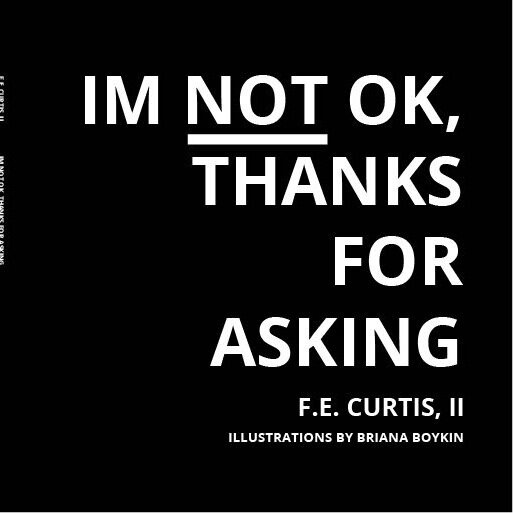
And so, after watching Judas, I was faced with an unpleasant reckoning of my own. My initial reaction to the film was the desire for more. I longed for director Shaka King to bring us an epic, a three-hour film about the charisma and organizing magic that Hampton and members of the Black Panther Party so masterfully deployed. I wanted more about his meteoric rise. I wanted larger glimpses into his burgeoning relationship. I wanted more of Hampton as the man that not only believed America could do better by all of its people but would do anything to demand it. In the end, it don’t work like that.
If King desired to make an epic about Hampton’s organizing, he would’ve done just that. After all, Hollywood permits Martin Scorsese to make the same damn film over and over, all while having each of them be an hour longer than they need to be. Judas forced me to confront that film, not unlike the world, is not what we want it to be. Film is what it is.
It’s called Judas and the Black Messiah for a reason, not the Black Messiah. And while we are in desperate need of more high-quality dramatizations about Black leaders in the 50’s and 60’s, that’s not necessarily what this film was about. It masterfully weeds together the intricacies of infiltration, and the challenging situations young Black men can so easily find themselves in. It makes clear the viciousness of the State and makes no half-hearted attempt to explain away their utter wickedness in the name of some phony American ideals. At the end of day, it’s purely evil that got Hampton assassinated. When the film is over, you’re convinced that the men behind both the plot and the trigger will burn in hell. They deserve to.
Daniel Kaluuya delivers another stellar performance. The scene where he walks up the steps into the church to deliver an awe-inspiring speech will undoubtedly come to live in folklore. LaKeith Stanfield is becoming one of the more well-refined and polished actors in all of Hollywood. Both men should find themselves as finalist in the race for Academy Award nominations. Jesse Plemons is someone you should never walk anywhere near, even if you’re not on a movie set.
More than anything, it’s the truth in this story that brings it to life, and while the film benefits from A-level performances and quality directorial value, knowing it’s based on a true story is ultimately what makes it gripping from beginning to end. Did I want more of Hampton’s story? Yes, I did. But in a way, the film is a microcosm of what the American life far too often is – incredible promise gunned down by State sanctioned violence. In the words of a great young philosopher named Sean Carter, “Fuck the federal bureau.”
A Complete Unknown gives us elite performances, though it leaves you wanting more.
The Coen brothers’ 2009 exploration of a modern-day Job calamity is vibrant and comedic with just the right amount of despair.
Richard Linklater’s latest film isn’t necessarily a coming of age story, but an animated time machine to 1960’s White America. At least it’s done well.
Describing their relationship as toxic is a misnomer. Their interactions, much like the film, are decidedly obnoxious.
Judas and the Black Messiah is the film that it is, not the film we want it to be. That’s the point.
Some things always seem better left unsaid and unchecked, and that’s a really big problem.
Might the 2020’s shake out to be the largest exploration of Black-centered cinema, ever?
The Little Things Add Up, Just Not How You Might Expect
Even in 1952, Black people fell in love too! And some lived happily ever after.
The Last Black Man in San Francisco’s central theme isn’t so much gentrification, but Black male friendship – and the struggle to find and retain it
